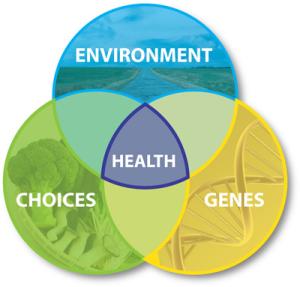Stories from the blog

Who owns the data? Centering Indigenous sovereignty in academic-community collaborations
A recent webinar co-hosted by UW’s EDGE Center and the Oregon State University/ Pacific Northwest National Laboratory Superfund Research Center explored how researchers can ethically partner with Tribal communities.

Partnering with the cannabis industry to keep workers safe
The U.S. legal cannabis industry is growing fast – it now supports more than 425,000 full-time equivalent jobs, while retail sales hit a record $30.1 billion

Engaging with “the Mayor of Beacon Hill”
Maria Batayola brings community perspective to EDGE research
In the News

The EDGE Center is committed to conducting and communicating science that reduces the burden of environmentally-related diseases through science translation into policy and practice. We use cutting edge molecular and systems biology to explore how the interactions of genetics, epigenetics and environmental factors contribute to diseases of public health importance. In particular, we are at the forefront of research into molecular signatures (biomarkers) associated with toxicant exposure. Our work to uncover important genetic, epigenetic and environmental contributions to chronic diseases can help improve prevention, early diagnosis, and the development of effective treatments. Such developments will substantially reduce the social burden and health care costs associated with sickness and early death caused by diseases like cancer, cardiovascular disease, respiratory disease, liver disease, kidney disease, metabolic disorders like diabetes, chronic neurodegenerative diseases like Alzheimer's and Parkinson's and developmental and reproductive disorders.
